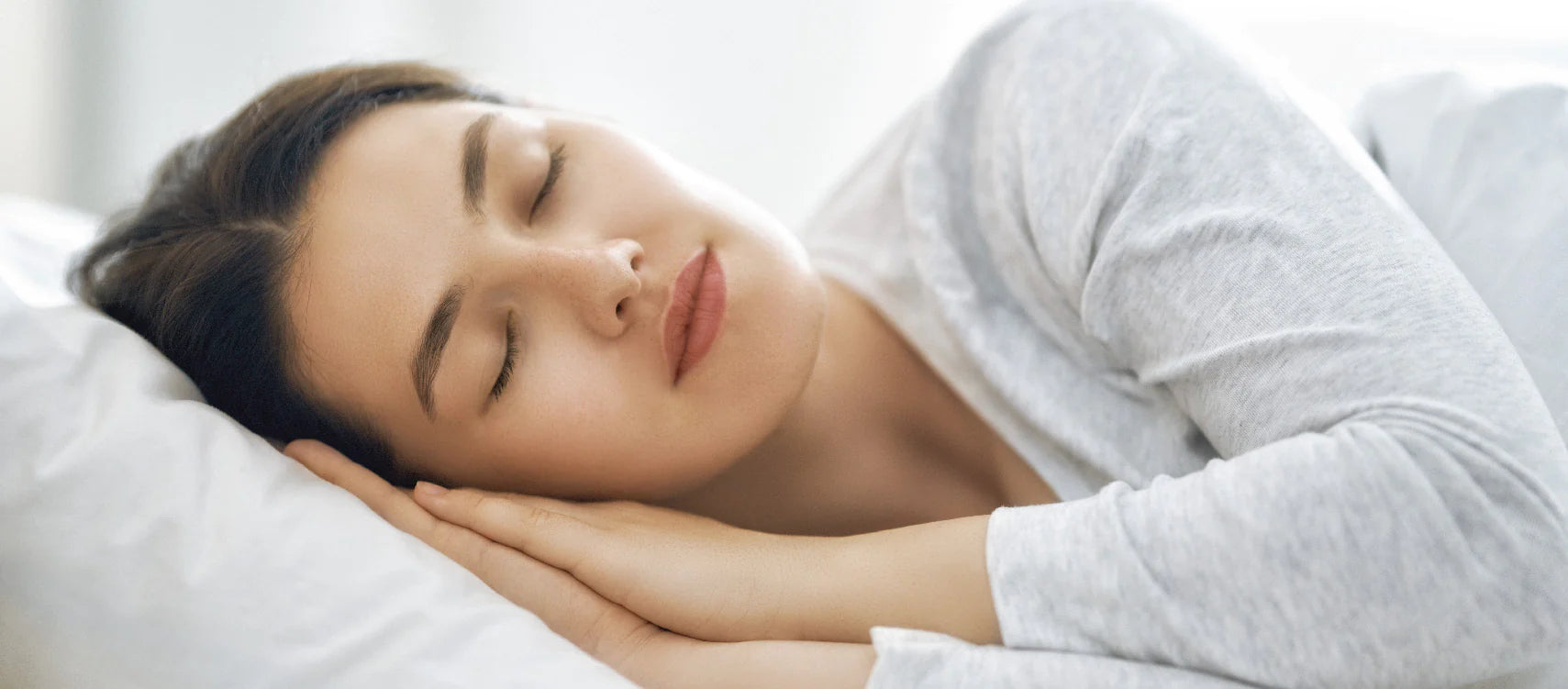February 2021

Importance of a Good Night's Sleep

Having trouble sleeping at night? You are not the only one.
According to a study reported by the Sleep Health Foundation, it is a common problem experienced by 33-45% of Australian adults. But what is the importance of sleep, and how can you get a good one? Here are some tips for you.
Tips for a Better Getting a Better Night's Sleep
Things That May Be Stopping You Getting a Good Sleep

















